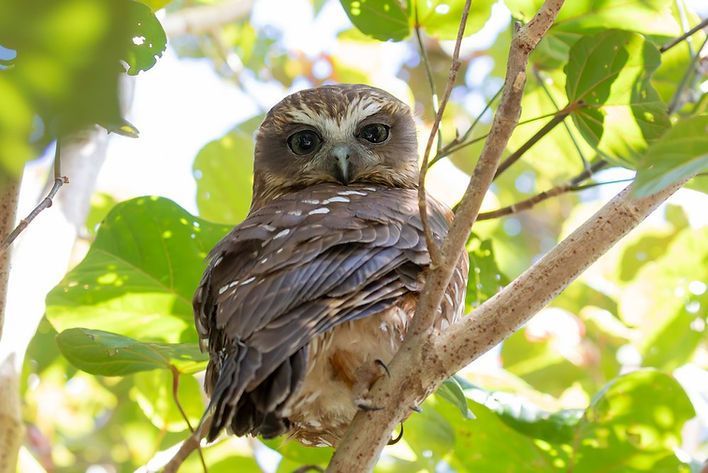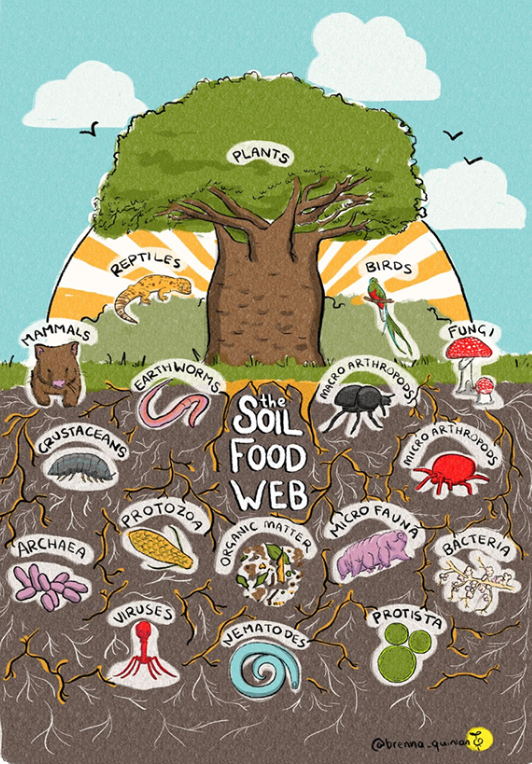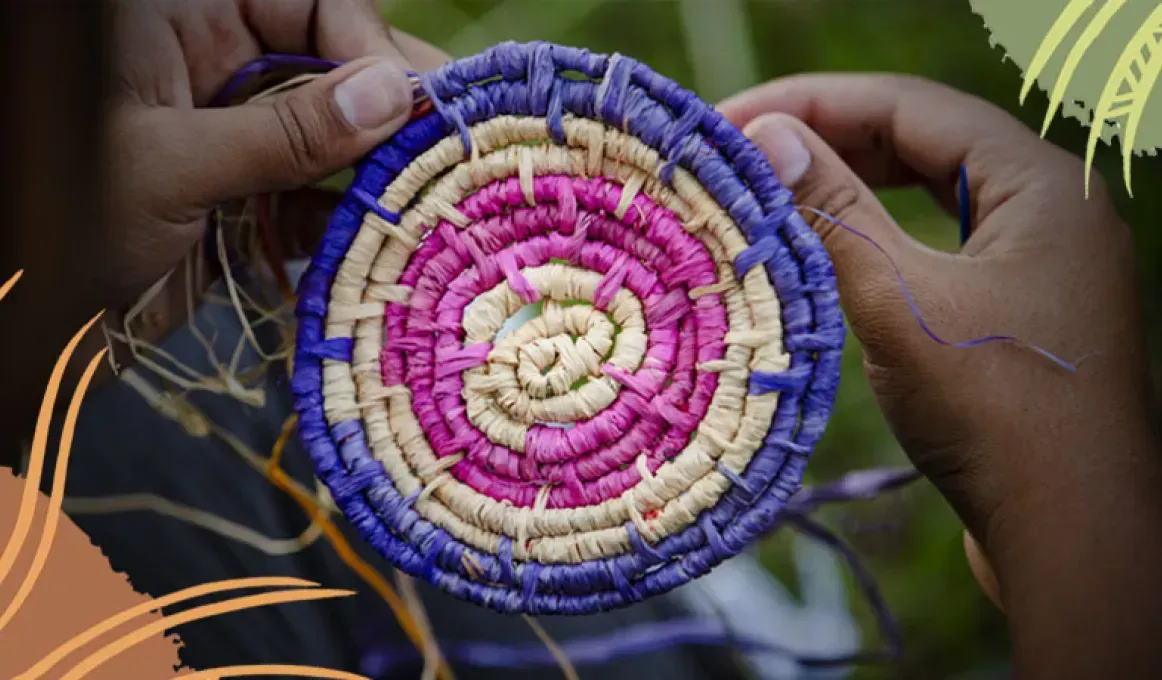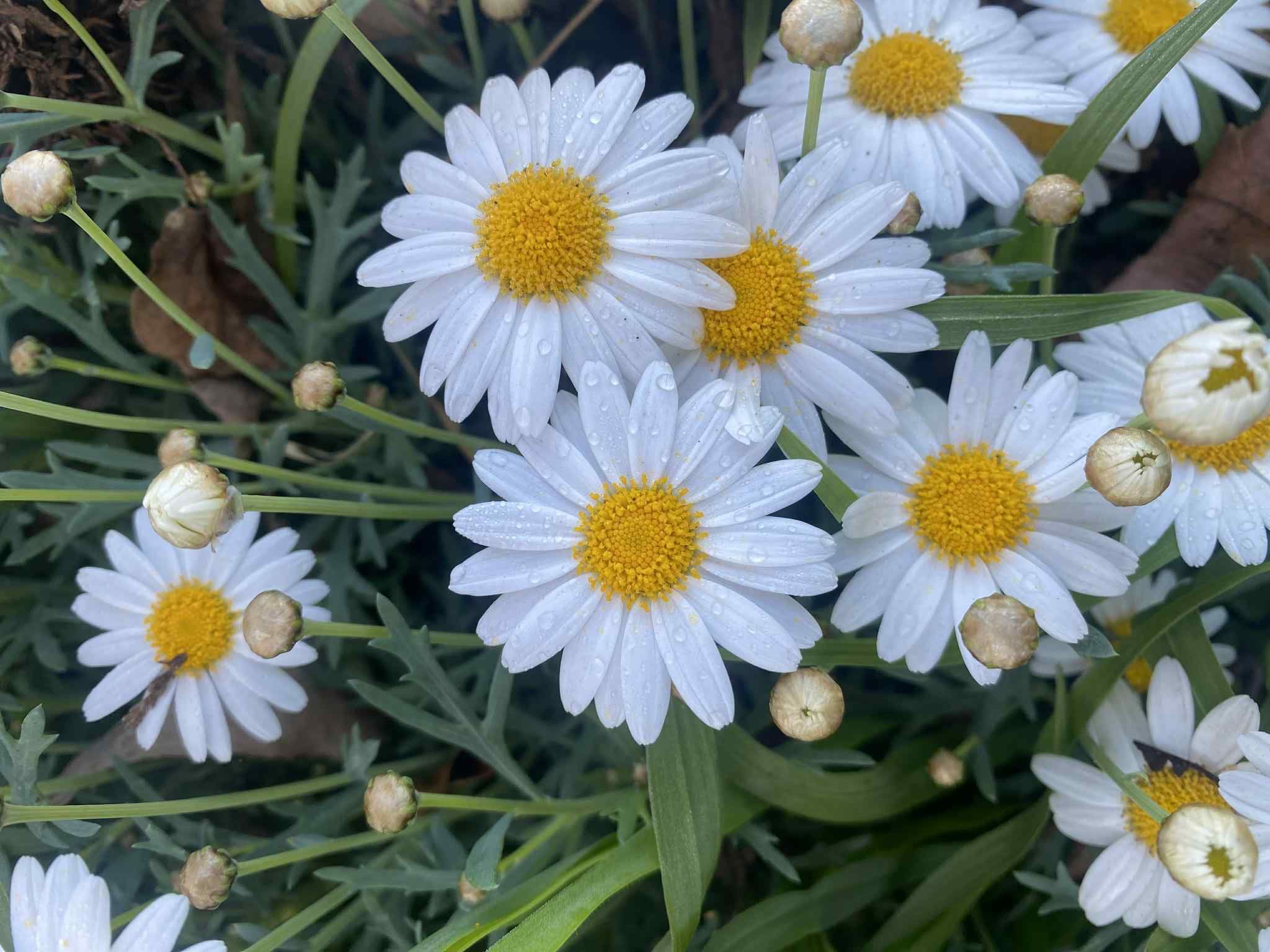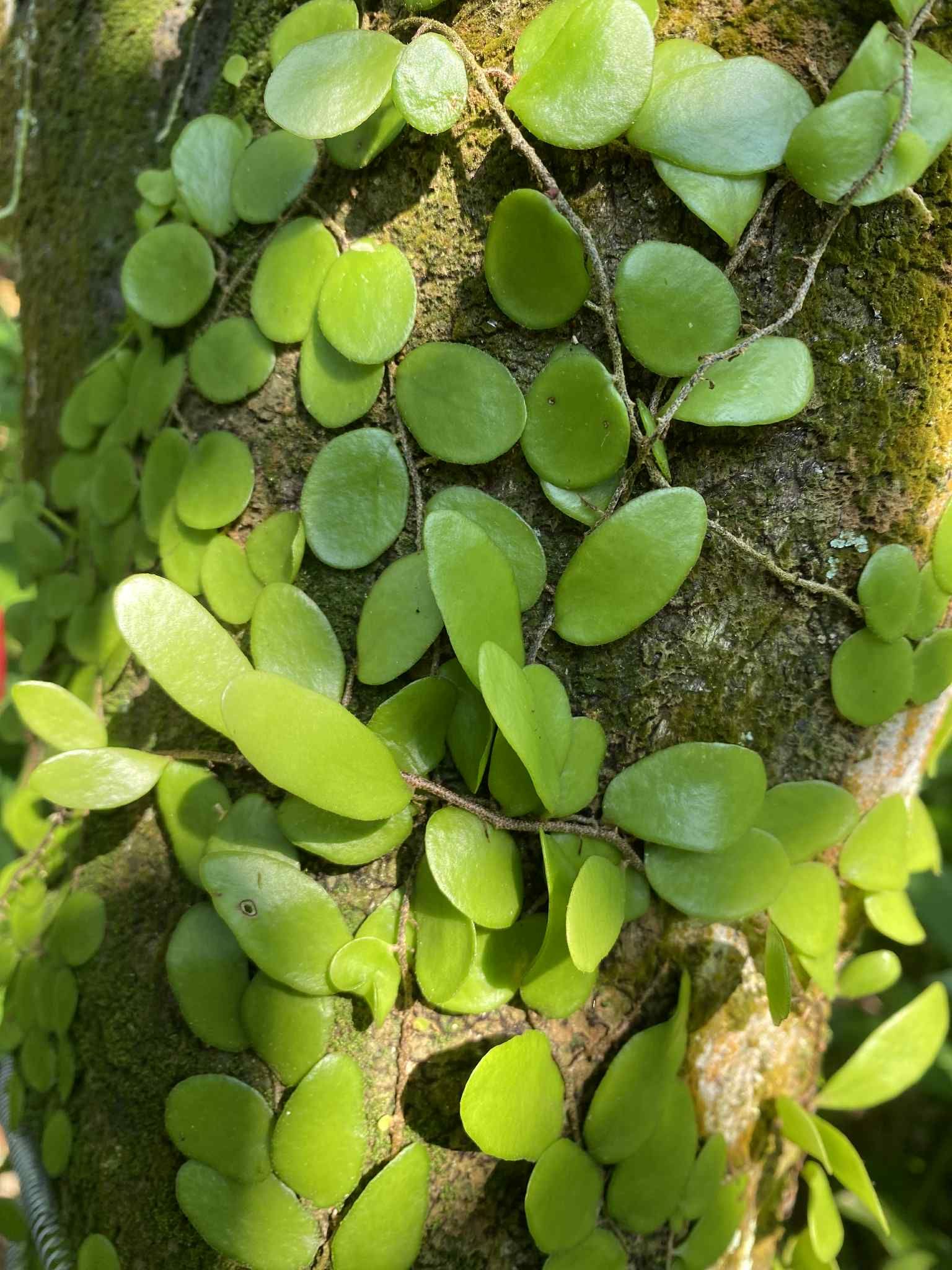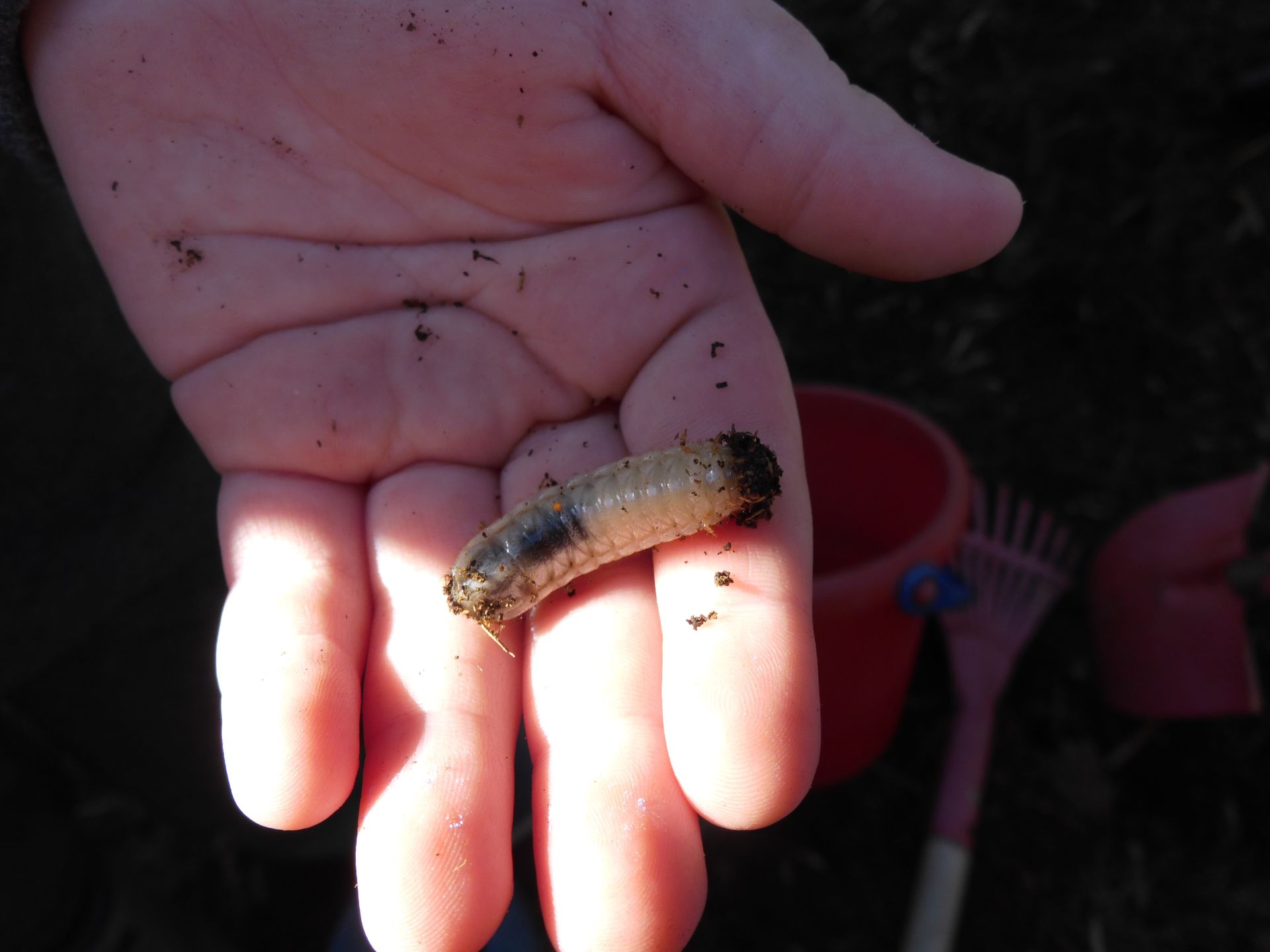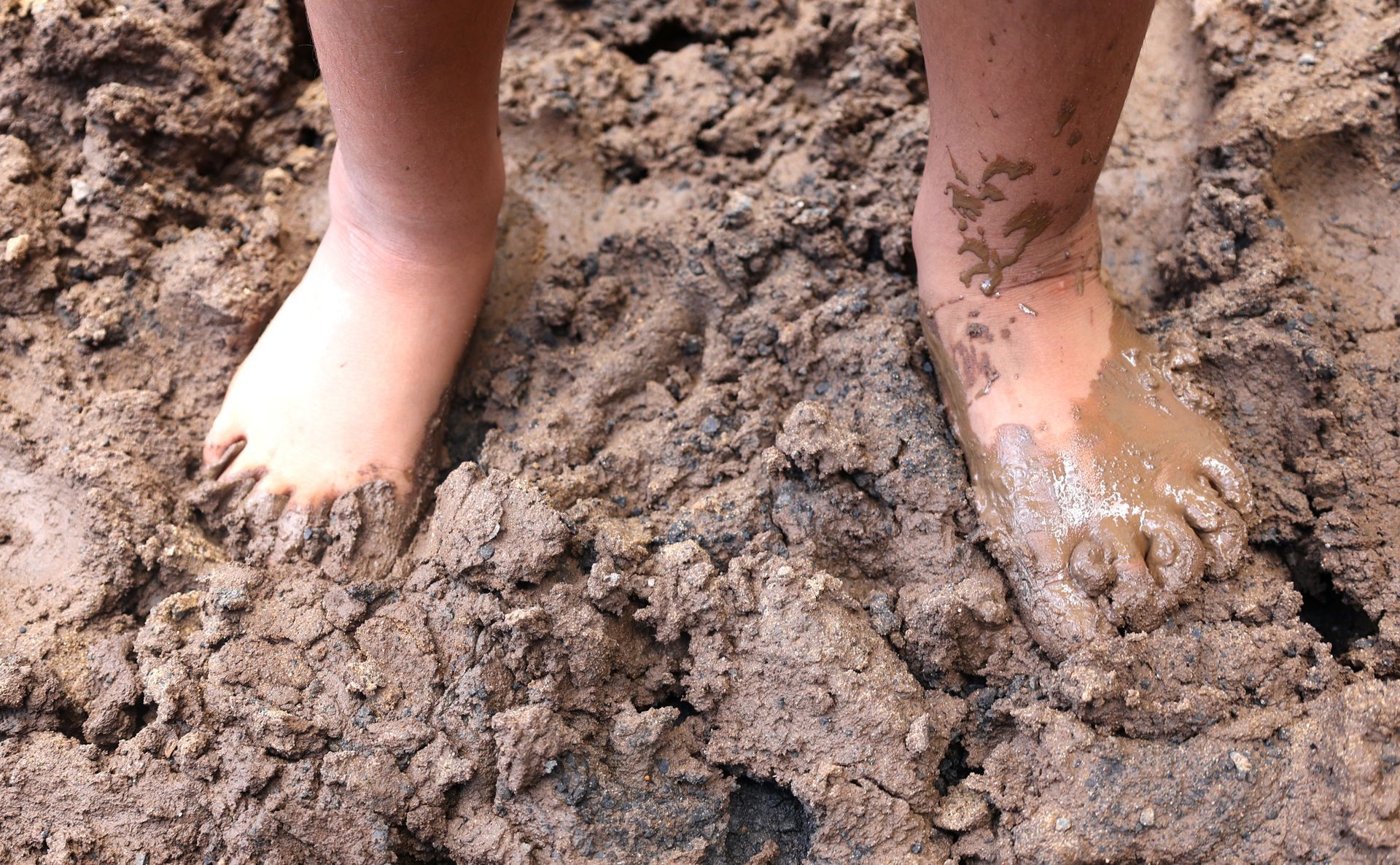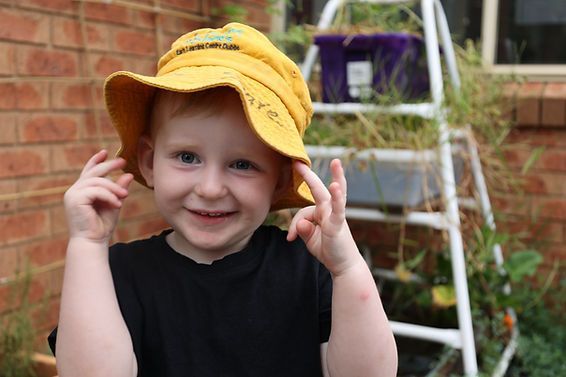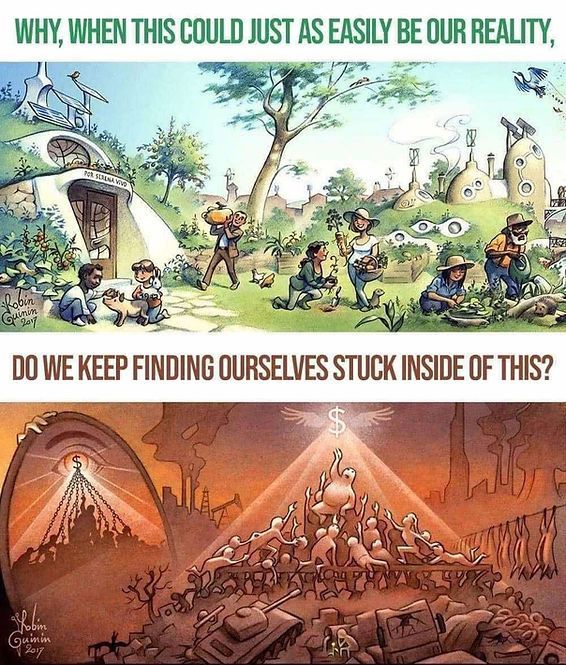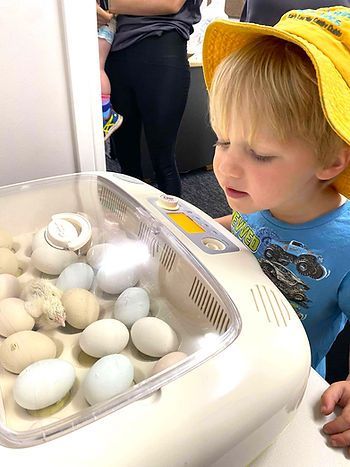The power of balance: the importance of predators.
I was discussing with somebody recently about the importance of biodiversity, this time in a garden context, but it occurred to me that the concept deserved a greater focus and ideally a wider audience.
Biodiversity is a common and essential theme in every piece of environmental conservation, ecological design and natural systems farming literature that I have encountered, and while I am far from being an authority on the subject, I have become a passionate proponent for it.
When I talk about the value of weeds, or prioritising insect-attracting plants, the development of living soil or discontinuing use of herbicides and pesticides, I am really advocating for diversity.
A polyculture at every level, whether micro or macroscopic. As opposed to the monocultures that we humans in our disorder have mistakenly come to associate with order.
A monoculture being any attempt to grow a single species in a segregated way.
Most commonly we use the term in reference to crops on a farm, a crop of wheat, corn, barley etc. But even our front lawn and oftentimes even households are powerfully tragic examples of monocultures.
When you spray chemicals to kill everything except for a desired species, in any place, you make the desired species unhealthier in the process. This is because life did not evolve independently, it has been a long, collective, interconnected and codependent development.
Organisms support one another, and when enough organisms coexist, a healthy and balanced equilibrium emerges that is far more resilient than anything that a single species can achieve alone.
This is true at all levels of life, and perhaps the most urgent example of this can be found in the declining health of the human species.
Ultra-processed foods, chemically polluted domestic environments (human homes), microplastics, and the mass use of antibiotics in food production, have all have created diversity-poor wastelands inside our very guts. We have decimated the balance of internal microorganisms that make up the human body. The results... a laundry list of chronic diseases, autoimmune conditions and ever shortening health spans.
One of the key points that I feel is often missed when considering diversity, is the role of predator species.
Despite their reputation as fierce, scary, or powerful organisms, predators are often the most vulnerable, yet they play an incredibly important role in any ecosystem.
When you create a monoculture, it is usually the predator species that are the slowest to recover, and the absence of predators is how we get plagues of “pest” species. Because the predators are not around to maintain balance.
A great example of this is birds of prey. Whenever we engage in large scale poisoning of mice, whether household baiting or at the industrial-agriculture level, we kill an awful lot of other animals. They die because of secondary poisoning, after eating the poison-contaminated mice.
But a few mice always manage to survive and being the incredible little consumers and breeders that they are, their populations quickly bounce back and without the predator species to keep them in check, they proliferate and become a problem that costs billions of dollars around the world to manage, and how do we manage? By using more poisons.
We first create the problem, and then we compound it.
The only ones that that profit are the manufacturers of the poisons, although I would argue that this profit is only short-term, as the results will affect us all in the end.
“If we pollute the air, water and soil that keep us alive and well, and destroy the biodiversity that allows natural systems to function, no amount of money will save us.”
My point is that no matter the environment, diversity is the key to balance, resilience and health.
And so, I have adopted a rather radical mindset. I don’t worry overmuch about pests or disease, in the body or in the garden, to me they are only symptoms of an environment lacking in diversity. The remedy is to increase diversity and reduce the toxic inputs that threaten it.
And so, I don’t spray chemicals, I embrace weeds, and I plant flowers.
Everything is welcome in my home garden.
I trust nature, and respectfully, I let her do the work.
Until next time, enjoy the wild places wherever you are,
Dallas

